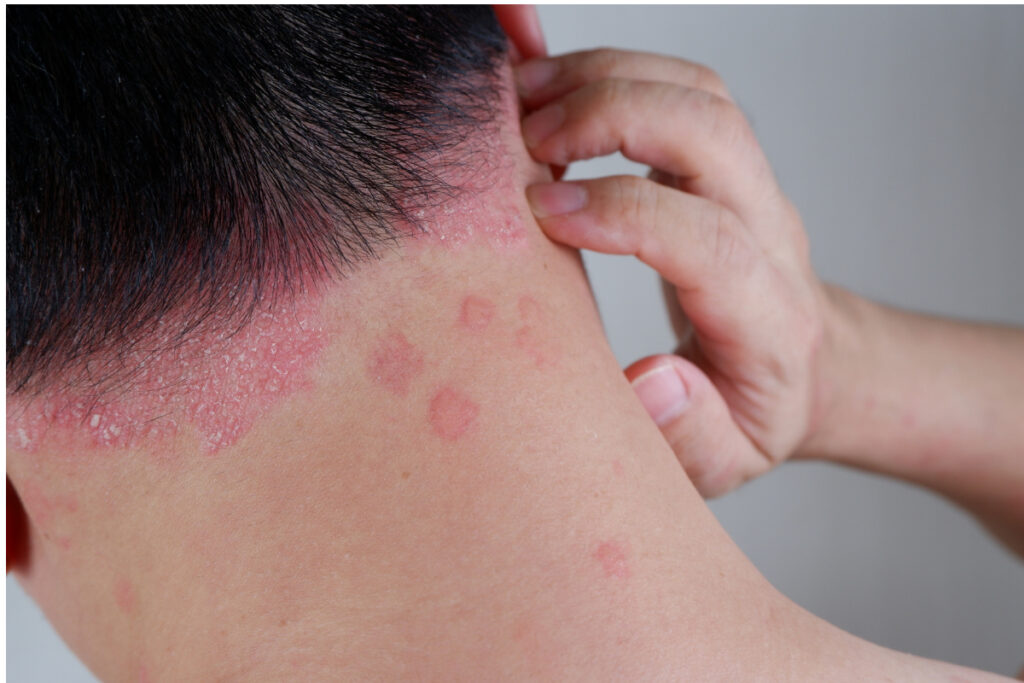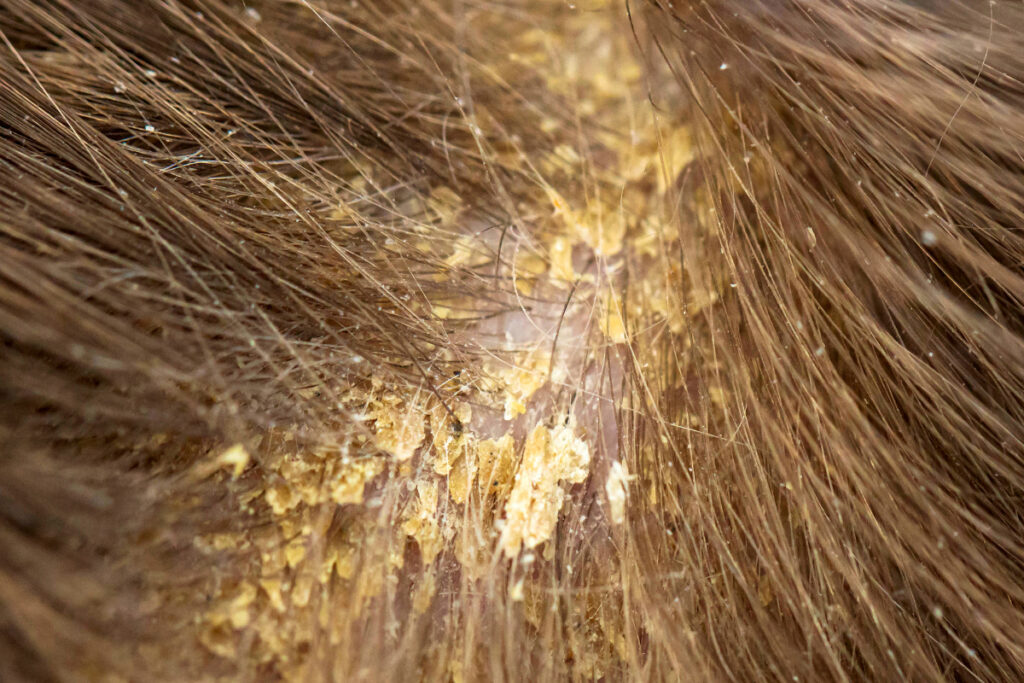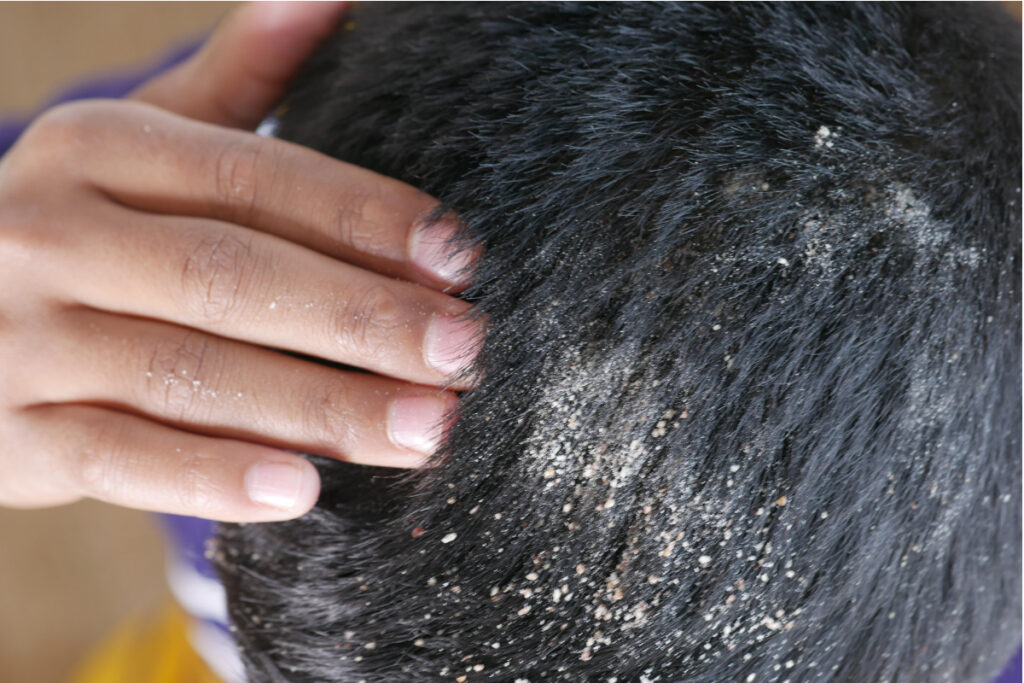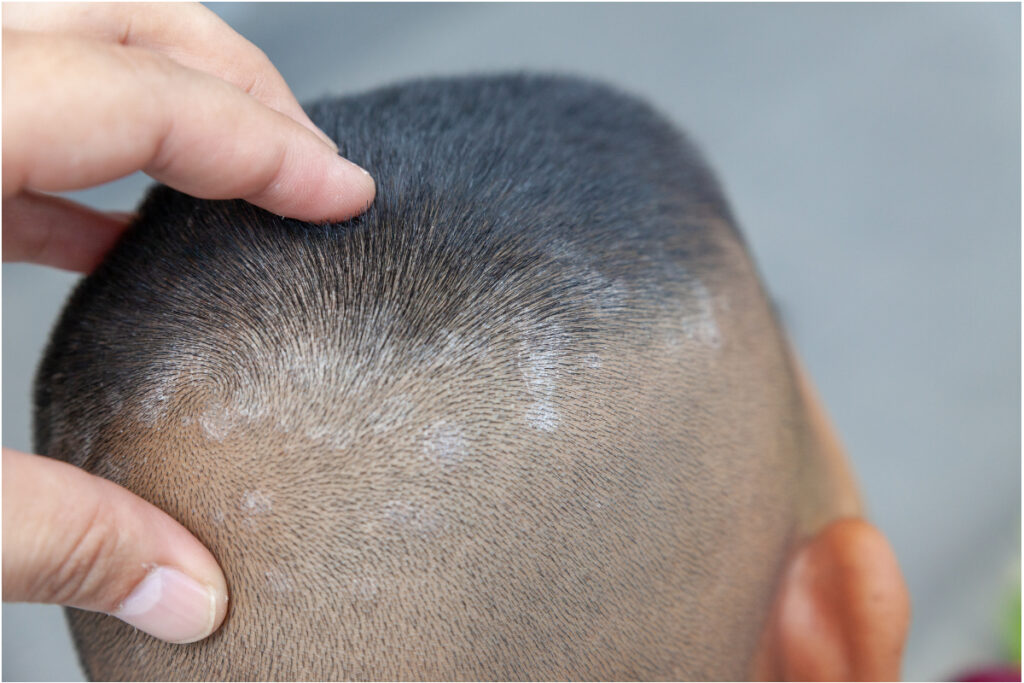Understanding the Causes, Symptoms, and Scalp Psoriasis Treatment
Scalp psoriasis is a common skin condition that affects millions of people around the world. It can be uncomfortable, embarrassing, and even painful. Fortunately, there are treatments available to help manage the condition. In this article, we will discuss the various scalp psoriasis treatments available, how they work, and how they can help you achieve relief from the symptoms of scalp psoriasis. We will also provide tips on how to manage the condition and maintain healthy skin. With the right information and treatment plan, you can find relief and live a more comfortable life.
What Is Scalp Psoriasis?
Scalp Psoriasis is a common skin condition characterized by red, scaly patches on the scalp. It can cause itching and burning sensations as well as flaking of the skin. Fortunately, treatments are available to alleviate symptoms and manage flare-ups.
- Prevalence of scalp psoriasis can be seen in 79% of psoriasis patients.
- When psoriasis begins in an individual, in 20 to 40 percent of cases, the scalp is the most common initial site of psoriatic involvement. The frequency of involvement increases with duration.
- More often in girls than boys because of their combing, brushing, and hair care habits owing to the Koebner phenomenon.
- The Koebner phenomenon develops from injuries and bleeding.
- Scalp psoriasis differs from dandruff, with its silvery sheen and dry scale.
- Scalp psoriasis causes an itchy scalp, forced loss of hair from the patches, and temporary hair loss.
- In severe conditions, severe forms of alopecia are noticed.
What causes Scalp Psoriasis?
The exact cause of psoriasis is unknown though evidence suggests that it may be due to a combination of genetic factors as well lifestyle choices including diet, stress levels, smoking habits, etc.
Scalp Psoriasis Symptoms
Symptoms vary from person to person but generally involve reddening the skin with raised white or silver-colored scales appearing over larger areas of the scalp. Itching and burning sensations occur in most cases, leading sufferers to scratch or pick affected areas which causes further inflammation and increases the risk of infection. Additionally, lesions can spread to the forehead, behind the ears, and neck area if not properly managed.
- Well-demarcated erythematous plaques, with thick silvery scales that adhere on the top the typical characteristic of psoriasis. They are the same all over the body.
- The plaques are almost circumscribed, red and white looking.
- However, some of the skin lesions around the ears and folds can be greasy and more salmon colored
- The skin on the scalp becomes red and develops erythematous plaques overlaid by white powdery or clearer scales. The thickness of the scales varies depending on the course of the disease.
- The occipital regions which mean the back of the scalp are more affected than the remaining.
- Scalp psoriasis occurs always in concomitance with psoriasis.
- In plaque psoriasis, the scalp is the only body part affected.
- The rashes on the scalp can be mistaken for that rash in seborrheic dermatitis. But the areas of spread around the scalp, and in other parts of the body, the plaque and scale size and appearance, and response to the treatment distinguishes one over the other.
- Psoriasis arthritis and Metabolic syndrome are the comorbidities of psoriasis
Scalp Psoriasis Images






Scalp Psoriasis Treatment
As there is no permanent cure for psoriasis, scalp psoriasis treatments are aimed at suppressing immune system responses that contribute to symptoms. Treatments also promote healthy cell growth cycles, which helps to reduce the psoriatic lesions resulting in reduced scaling and inflammation.
Treatment plans usually consist of medications such as topical ointment creams along with UV light therapy, biologics, immunosuppressants, etc.
- The treatment of scalp psoriasis has been utilizing tar, salicylic acid formulations, vitamin D analogues, and highly potent topical corticosteroids.
- A formulation of calcipotriene-betamethasone dipropionate used once daily showed efficacy amongst all other vitamin D3 analogues.
- Vitamin D analogues are prescribed in combination with topical corticosteroids. A few of them are calcipotriene and betamethasone dipropionate.
- Betamethasone valerate 0.12% and clobetasol 0.05% are foams used topically.
- Coal tar and salicylic acid: coal tar is still considered a first-line agent in many parts of the world because of its anti-proliferative and antipruritic properties.
- Salicylic acid facilitates the penetration of other topical agents, increases efficacy, and softens the skin with a considerable direct antipruritic effect.
- In thick scaling, Salicylic acid is used in adjunctive therapy with topical corticosteroids.
- The topical corticosteroid formulations used are ketamine 10%, amitriptyline 5%, and lidocaine 5% as foams.
- In refractory cases, topical praximone is proven beneficial.
- Oral antihistamines, phototherapy with a narrow band UVB thrice a week, and excimer laser therapy twice a week have shown helpful
- Systemic therapy has demonstrated improvement in more than 80% of patients. Methotrexate, cyclosporine, infliximab, etanercept, adalimumab, secukinumab, apremilast etc are to name a few.
Depending upon the nature of the psoriasis and its severity certain lifestyle modifications may be recommended such as avoiding provocative factors like alcohol consumption & contact irritants; eating healthily & exercising regularly have been shown improvement in scalps overall health status & mitigate the severity of symptoms associated with psoriasis flair up.
Scalp psoriasis treatment at home
Home remedies for scalp psoriasis help in managing psoriasis symptoms effectively. Home remedies are very popular due to their cost-effectiveness, and natural ingredients, and sometimes can give better results than conventional treatments.
Home remedies work best in treating mild to moderate forms of psoriasis. Before you start any home remedies talk to your doctor about your home remedies. Below are a few commonly used ingredients in managing scalp psoriasis symptoms.
- Coconut Oil
- Aloe vera
- Baking soda
- Capsaicin
- Oatmeal bath
- Turmeric
- Epsom salt bath
- Apple cider vinegar
- Ginger
- Garlic
- Teatree oil
Conclusion
If you are one of the millions of people suffering from scalp psoriasis, you know how frustrating it can be to find a treatment that works. Now you have learned about the causes, symptoms, and treatment you can make an informed decision about the best treatment for your scalp psoriasis, Along with the benefits there are potential side effects of each treatment. With this knowledge, you can make the best decision for your scalp psoriasis treatment and get the relief you need.
Check Ayurvedic Scalp Psoriasis Treatment
References:
